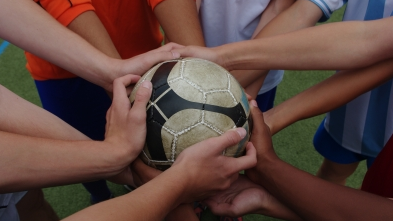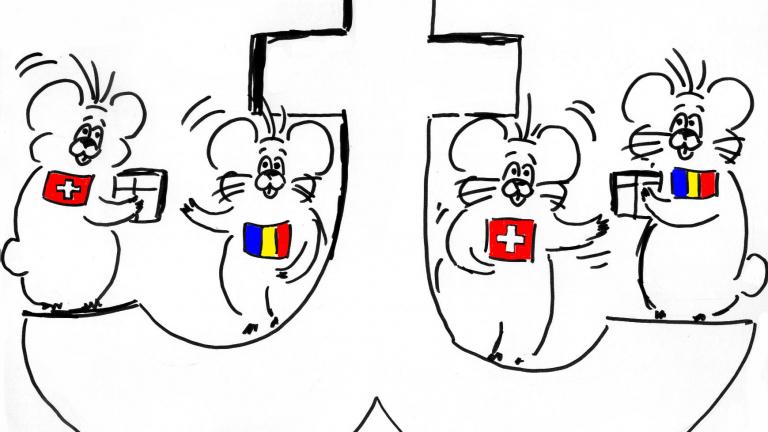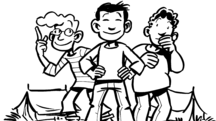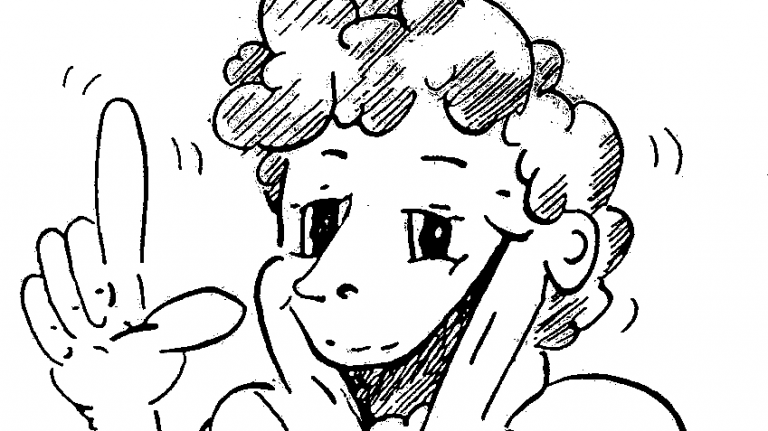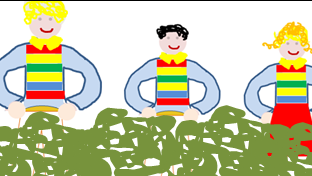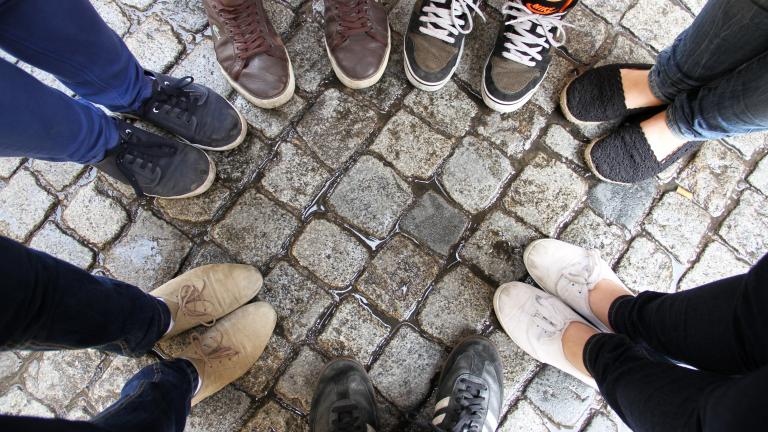Recently modified articles
Non-profit organization
Games and sports
Outdoor
Evangelization
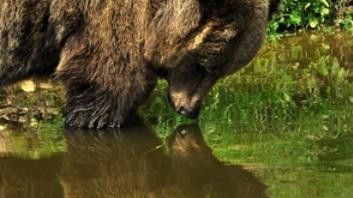
Reflection is about looking back and thinking about what you did and how. Through this reflection, you (or the team) come to conclusions about what should be done the same or differently again in the future. The aim of reflection is not to find as many mistakes as possible, but to improve the team as a whole.
>
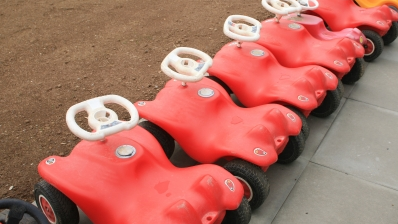
Whoever has done it before knows that explaining and leading games is not always the easiest task. The following tips and instructions should help you to become even better at it
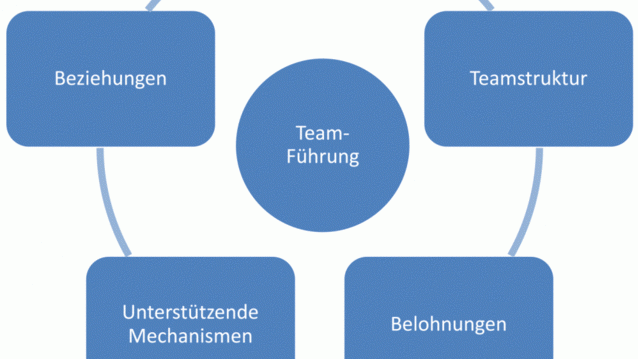
The team success factors form a model in which the most important aspects of teamwork are highlighted. If there are problems in the team, these criteria can be used to investigate the causes. The model was developed by Marvin Weisbord
Homesickness happens to children every now and then, especially during extended camps in tents or houses. Sometimes it's hardly an issue, sometimes homesickness spreads like an epidemic.
In this article, you'll learn how homesickness develops, how to reduce the likelihood of it happening in the first place, and what to do when a child is homesick.
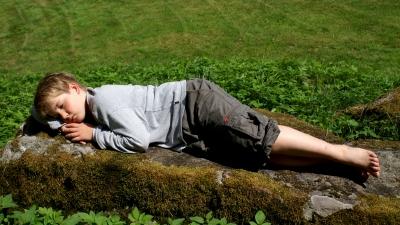
The night's rest is a much discussed topic in most camps. Here are some basic thoughts and experiences about it. You have had other experiences? Then feel free to add to this article!

Empowerment has a lot to do with trust, acceptance, personal commitment and empathy. These things can only be partially learned. However, every leader should know what "motivation buttons" there are in relation to children (but also adults). Experienced leaders use the motivators that are appropriate to the situation and person.
This document gives you a little insight into child development, specifically competencies. We often expect too much from our children, or overtax them. Even in the Jungschar work, where we do not see the children every day, it is important to know their level of development.

Memorizing names is sometimes quite difficult. However, if we do it and consciously address our counterpart by name, we show our appreciation for this person: "You are important enough to me that I have remembered your name."
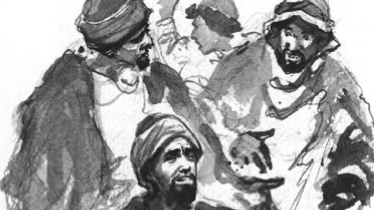
Lesson for KIDSTREFF
Some churches have switched to the KIDS TREFF/Promiseland model. There are new lesson materials for this. In this post, we take an existing lesson written for Jungschar and modify it so that it can be used in KIDS TREFF.
See PDF file for detailed description and instructions

Children who exhibit challenging behavior want to position themselves in the best possible way. I want to affirm these kids that they matter. I want to let them shine, because I want them to be king kids.
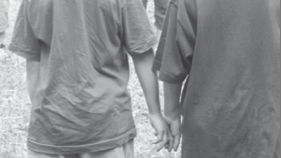
A glance at the children's section of a bookstore is enough to see the importance of the theme of friendship. Books with tales of brave children's gangs share the shelf with friendship books to fill in yourself.
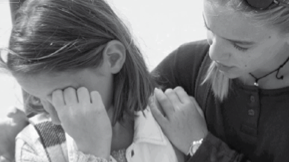
Children want to have an answer to their questions. Therefore, we adults ourselves must first become clear about what death and eternity mean.
As far as death and dying are concerned, one can observe two contrasting developments in our time and society: On the one hand, we are constantly confronted with death, often in great detail. On the other hand, talking about death and dying seems to be taboo.

The more Bible knowledge we impart to our children, the better equipped they will be for life. Is that so?
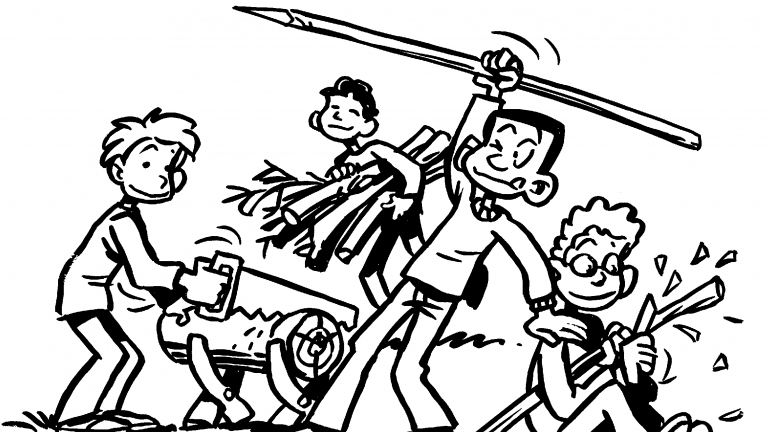
- Where do we want to "lead" the children - they don't know the way!
- What is "leading / guiding?" How do you do it

Fit for Kids - the staff circle
How can the gospel of Jesus Christ as a joyful and liberating message unfold its effect on children?

The DISG personality profile is an instrument for determining individual behavior patterns and serves to promote self- and social competence.
(Following are excerpts, complete article: see PDF file)

The "Five Faces" are different ways in which people come up with creative ideas. Most people use mainly one of the faces. However, each of the faces has advantages and disadvantages and works better in certain situations than in others. Therefore, we should try to train the different faces in us. We should also learn when to use which face best

Gain Self-Knowledge Through the 10 Commandments
Texts on this in the Bible: Exodus 20:1-17; Deut. 5:6-18; Matt. 5:17-7:29; 22:34-40; Gal. 5:16-24
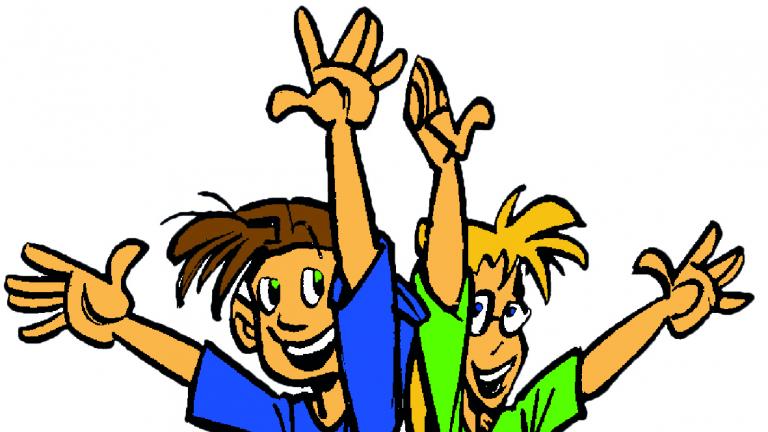
This is a summary of the book:
"Youth Ministry with Vision"
by Doug Fields from Projection J Publishing.
ISBN: 3-89490-318-X
Young people need rules, educational guidelines and guidance. However, they also want to help shape their leisure activities.
The development of a "commitment" combines these concerns.
In today's sport: teaching noble values possible, or leaving young people to their fate. A critical reflection with the university lecturer in philosophy and media theory and publicist Ludwig Hasler.
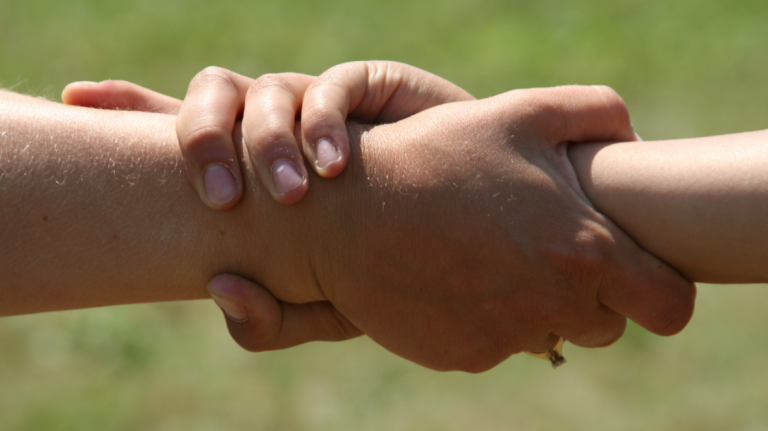
A look at Swiss sport, schools and even beyond the country's borders shows that commitments are a topical issue. A selection of projects and addresses.

The value of life - divine.
Divine life - without loss of value.
The task - to make life worth living.

What should be the nature of a camp leader?
Leading by example - You are always in the children's field of vision. You shape them unknowingly or consciously! etc. etc.

Kids who are "just being disruptive" in our Jungschar:
Why do they just have to be in our youth group?

Currents and influences on today's teenagers
... and how do we counter these currents and influences?
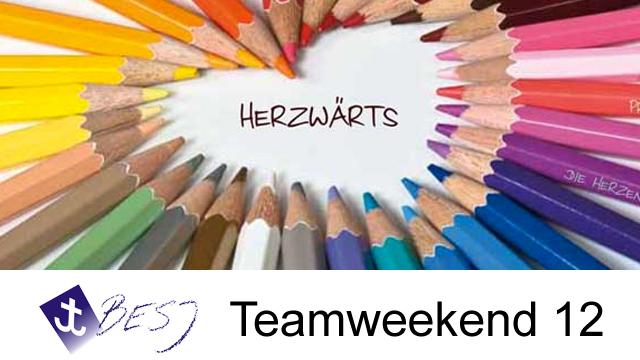
Here you can find all the articles and posts that were created at the BESJ Teamweekend 12 in Huttwil. We wish you a lot of fun trying them out
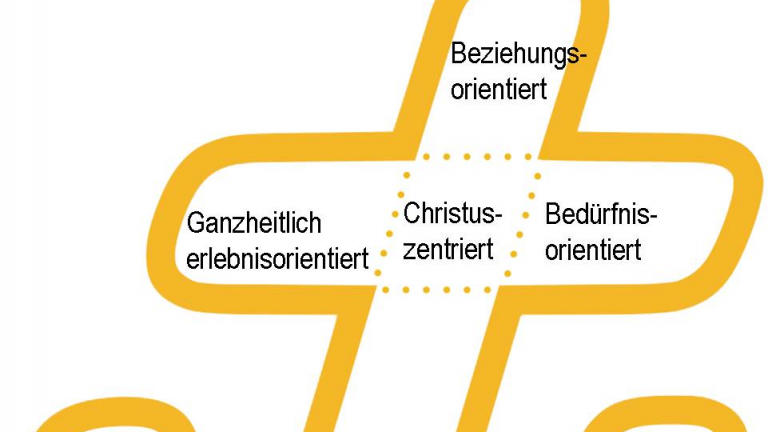
Youngstars ministry is based on seven core values: Christ-centered, relational, needs-based, holistic experiential, multiplication, community-relevant, society-relevant.

Disciplined behaviour is extremely important in a Jungschar. Only in this way is it possible to run programs in such a way that they are fun for (almost) everyone. And only this way it is possible to do activities with a little higher risk with the children. In these situations we have to be able to rely on them.
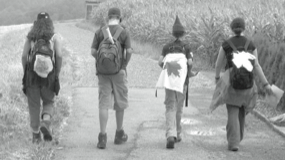
A night cross-country game in the forest, abseiling, a trekking camp, an afternoon of raft building and rafting. These activities have been standard in Jungschar work for a long time. Is this now already an experiential education activity? What opportunities and possibilities can offer an experiential education activity?
This article is a Forum booklet article.
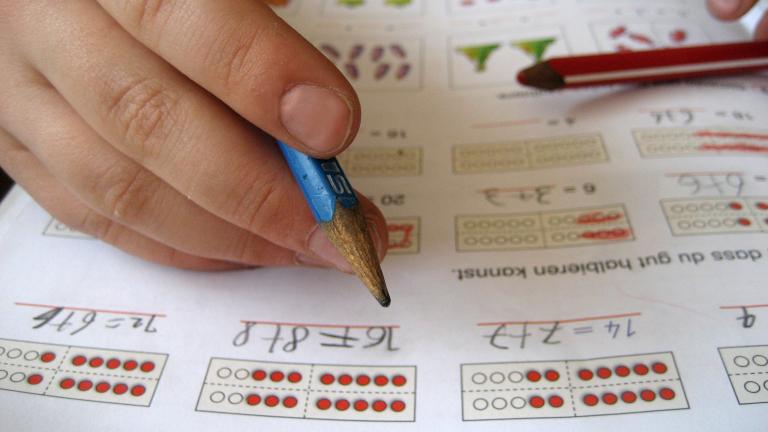
How do children and teenagers learn? What shapes learning? What consequences does this have for the learning process? This article aims to provide information on these and other questions.

